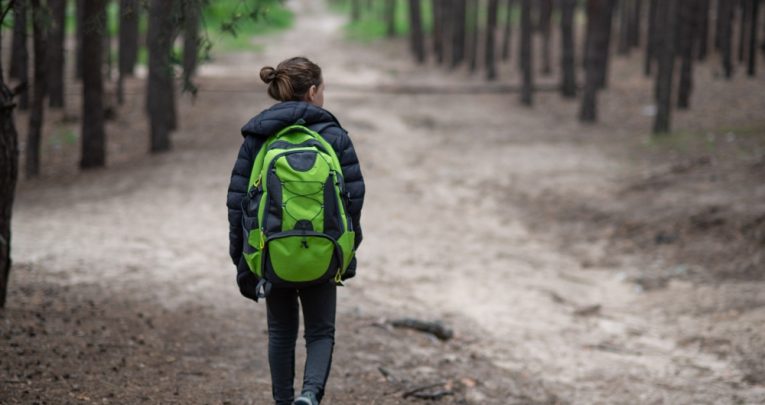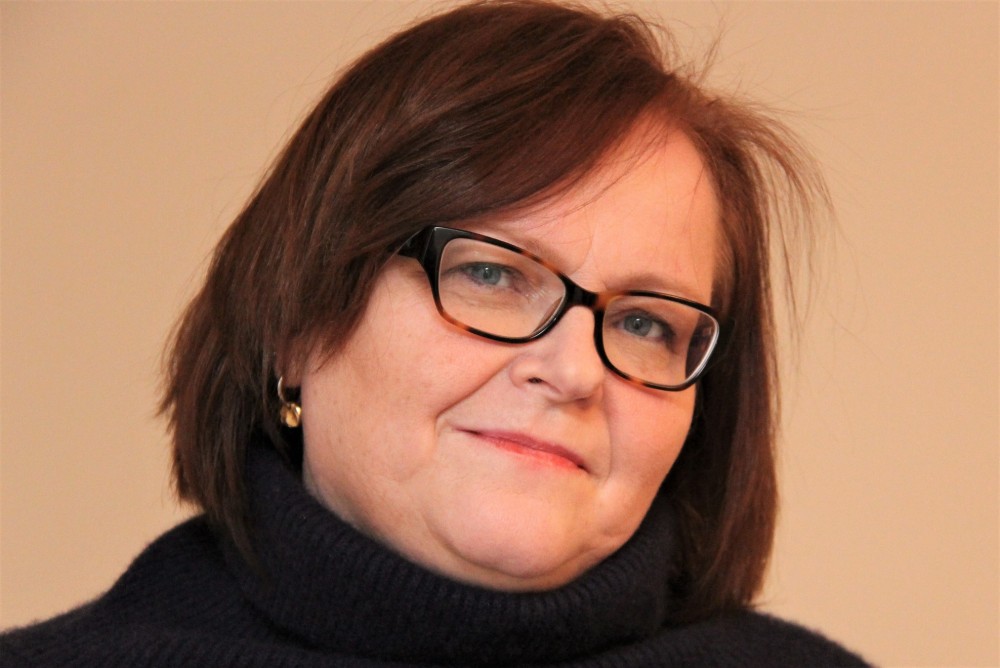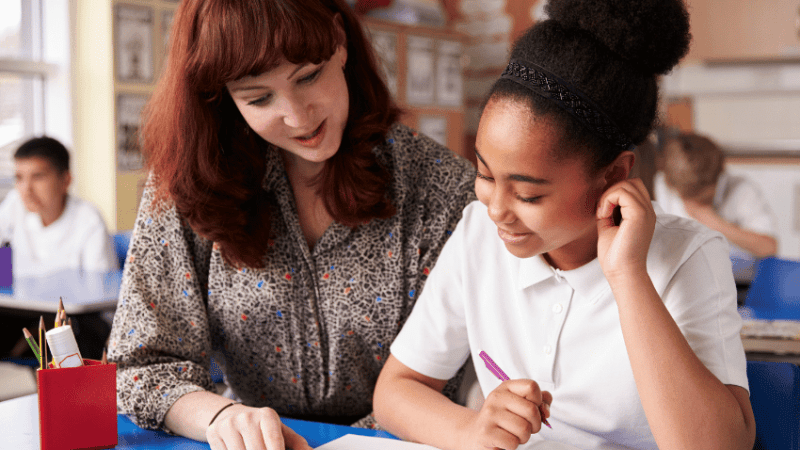Outdoor learning and residentials – if we work together, they needn’t be consigned to history

The new COVID-19 restrictions shouldn’t have to mean depriving your students of valuable outdoor experiences and overnight trips, says Anita Kerwin-Nye

- by Anita Eade
- Charity leader, executive director and consultant
“This is a time for stability, for children to return to the broad, balanced and exciting curriculum offer they deserve; a curriculum that includes outdoor learning.”
These aren’t my words but those of Wayne Norrie, CEO of Greenwood Academies Trust – sentiments which I’m sure will resonate with many education providers right now.
However, between the DfE continuing to stress the importance of ‘academic catch-up’ and the resources needed to support social distancing, it seems inevitable that some schools will be forced into effectively narrowing the scope of their academic curriculum – with outdoor education an unnecessary casualty.
Connected to nature
Outdoor learning forms an important part of any broad and balanced curriculum, doing much to support students’ wellbeing, mental health, fitness, friendships, aptitude for teamwork, development of life skills – I could go on.
Since March, millions of children will have missed out on vital outdoor education experiences. We want to curb this trend and get young people safely back outside and connected to nature, but there’s a risk that the academic catch up narrative will dominate. If it does, we may have to start again down the long road of proving the worth of school trips and stays away from home.
It’s been estimated that while schools were closed to most students during the nationwide lockdown, each day saw more than 70,000 under 18s miss out on valuable outdoor learning experiences. Prior to COVID-19, some 99% of secondary schools offered their pupils at least one residential trip opportunity during their time in school. Trips matter. Experiences matter. Stays away from home matter.
With government guidance currently advising against end-of-summer-term residentials, we need more than ever to work collaboratively in ensuring that gaps in experiences between those with easy access to outdoor learning and those without don’t continue to increase.
Residentials are a key tool used by schools to support transition. At YHA alone, over 200,000 young people missed out on their transition time away this year, whether that be the traditional Y6 post-SATs residential or university freshers programmes. This makes it even more important that we use the residentials we can have to best effect, drawing on evidence of what works.
What does ‘easy’ mean?
School leadership and policymakers have to ensure that KS3/4 pupils get to take part in outdoor learning and conservation initiatives, particularly those from urban schools with limited access to outdoor environments in the course of their day to day learning.
In turn, we must make access to outdoor learning as easy and as flexible as possible – though at YHA, we’ve come to realise that ‘easy’ can mean different things to people. At one end of the scale, we’ve made some hostels available cheaply and convenient for schools to hire themselves, following which they’ll build their own provision. This is in response to requests we’ve received from schools for low-key spaces where they can just ‘be’ with their students. At the other end, we remain on hand to fully support other trips by providing meals and running activities.
‘Easy’ now also means ‘COVID-safe’ – whether it’s tighter hygiene practice, or the provision of adequate indoor space to allow for social distancing. That’s why we’re also giving schools the option to hire out properties exclusively, so that they can have the whole place to do their own thing, thus minimising risk while maximising the learning potential of outdoor experiences for young minds.
The outdoor education sector’s survival is reliant on collective action. We can cook up fantastic outdoor learning experiences, but schools must feel encouraged to book seats at the table.
Many unknowns
As we approach the autumn term there are still many unknowns. Will there another nationwide lockdown? Who knows? It’s therefore important that providers are flexible when it comes to refunding and transferring school bookings – something I’m pleased to say that YHA has done since March, and will continue to do throughout this crisis.
At a time when school tensions are high and the stakes higher still, it’s more important than ever that schools embrace the restorative power of the outdoors. The voluntary and not-for-profit sectors can help enable this, but only if we collaborate. So tell us how we can help.
Anita Kerwin-Nye is director of strategy and engagement at YHA (England & Wales); for more information, visit yha.org.uk or follow @YHAOfficial









